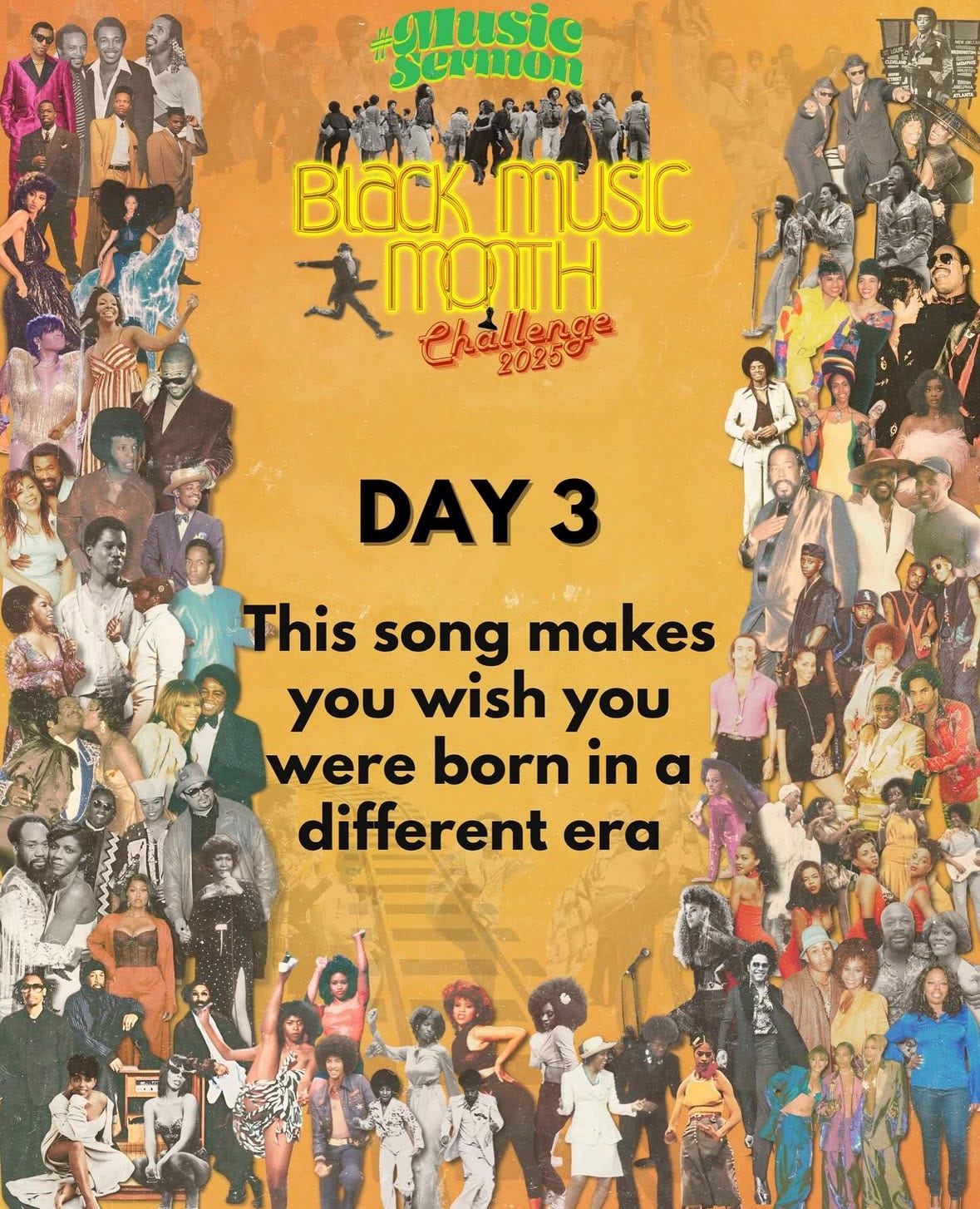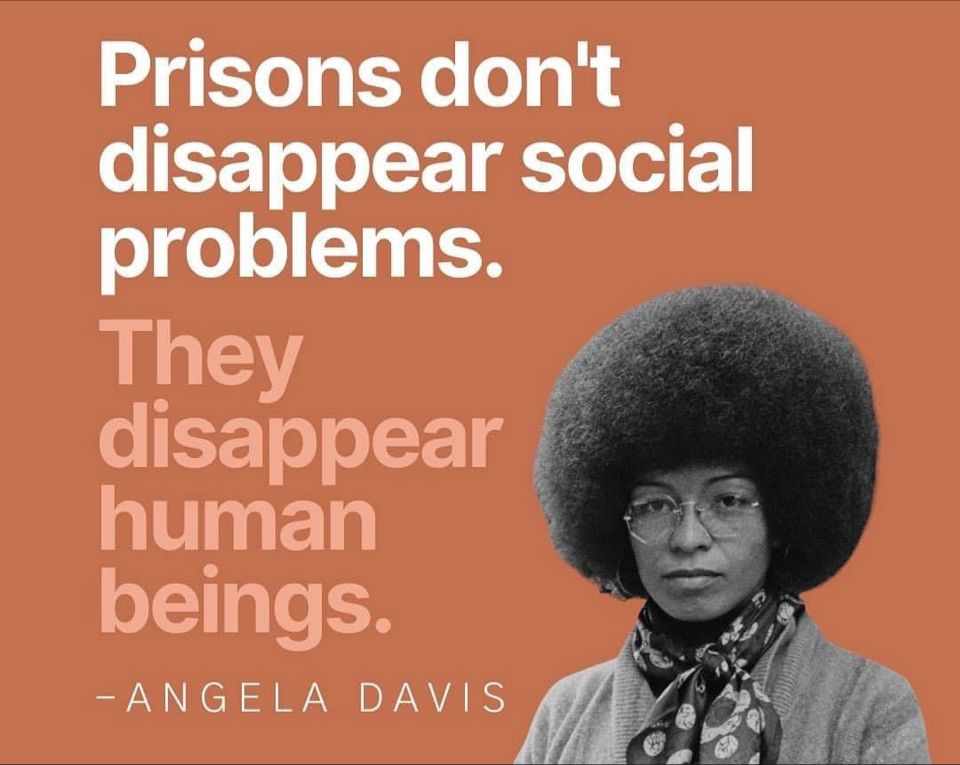"Dis A War"
What Tip of the Spear Has Taught Me During Black Music Month + Save the Date
"Until the philosophy which holds one race
Superior and another inferior
Is finally
And permanently
Discredited
And abandoned
Everywhere is war
Me say war" -War by Bob Marley & The Wailers
A realization I keep returning to is that learning never stops, and history is a labyrinth of human folly and triumph that contains all the guideposts one needs. Its importance can never be underestimated or exaggerated. As we know, that's why Empire has always endeavored to destroy, and most recently through the calculated proliferation of misinformation, obscure and rewrite history to suit its oppressive purposes. (Case in point: last week's ludicrous claims on TikTok that Harriet Tubman wasn't real. Honestly, that deserves its own post, but we'll save that for another day.)
And the history we need to be vigilant about reading, preserving, and protecting includes cultural history. Not to be mistaken with celebrity culture, which facilitates collective distraction in addition to serving as an insidious water carrier for capitalist affinity and normalization. (Yet another topic that deserves its own post.)
Every year, as I become increasingly attuned to the importance of cultural history, I become more intentional about celebrating Black Music Month in June which, quite poetically, is also when we celebrate Juneteenth. And given the connection of music's roots to the legacy of liberation work, this is quite apropos. As many have proposed, the whole month of June should be a celebration of Black Liberation. Sounds great to me!
Since 2020, I have participated in the Black History Month Challenge online, organized by Naima Cochrane @musicsermon, who dedicates her IG platform to sharing and honoring Black music. Every June, she hosts a daily (online) communal activity, the heart of which are daily reflective prompts inviting people to delve into and dwell in the richness of Black music. The activity has become a site for learning, laughter, and fierce and principled debate. It's nothing short of a raucous hoot of a time that I look forward to every year.
This year, Day Three's prompt was: This song makes you wish you were born in a different era.

Without blinking, I knew my answer. As I have many times before, I imagined myself in London at the Rainbow Theatre. The year is 1977. In my dream scenario, I have a front-row seat and a bird's eye view of Bob Marley's transcendent performance of War/No More Trouble. In reality, I pull up the bookmarked performance on my laptop the same one I watch at least once a month. But this year, as I'm watching transfixed, I have an epiphany brought on by reading Tip of the Spear.
The lyrics for War are themselves steeped in history, being comprised almost entirely of Haile Selassie's 1963 speech to the United Nations General Assembly. Each verse is a small section of the actual speech, which Marley punctuates at the end with his own words.
"That until there are no longer
First-class and second-class citizens of any nation
Until the colour of a man's skin
Is of no more significance than the colour of his eyes – Haile Selassie
Me say war" – Bob Marley
Before this year, I'd always heard Marley's declarative additions to Selassie's speech functioned as a poetic device. A hyperbolic urging that human beings "should" declare war against injustice. However, I now hear "Me say war" as a literal assertion, one firmly grounded in radical tradition within an international context.
In Tip of the Spear, Orisanmi Burton shares a letter that 18-year-old George Jackson wrote to his mother from a cell in Soledad Prison.
"As soon as all this became clear to me and I developed the nerve to admit it
to myself, that we were defeated in a war and are now captives, slaves
or actually that we inherited a neoslave existence, I immediately became relaxed, always expecting the worst, and started working on the remedy."
- George Jackson quoted in Tip of the Spear
Burton goes on to contextualize that "Jackson's insight about the relationship between prisons, war, and slavery is a useful point from which to begin our examination of carceral war."
As prisons are ground zero from any serious consideration of abolition, so long as there are prisons, to quote Marley, "Me say war."
Burton writes, "Tip of the Spear argues that prisons are war." And that war, long hidden by a carceral mindset built through endless and effective propaganda, intentional miseducation, and antiblackness, has shaped widespread public acceptance that prison is a necessary evil rather than, as Angela Davis said, "Prisons do not disappear social problems, they disappear human beings."
Tip of the Spear illuminates, in perhaps unexpected ways, why Empire is hellbent on disappearing human beings, and highlights the sharp political analysis of Black Radical movement leaders and laborers both inside and outside.
Every book we’ve read in Toward Liberation has felt urgent, and Tip of the Spear is no different in serving as critical grounding we need now. Juxtaposed with the brutal genocide of Palestinians that we've watched live-streamed in technicolor for over 600 days, to the far less visible but no less brutal ongoing capitalism-fueled genocides in the Congo, Sudan, and Haiti, an international analysis makes clear Americans in the United States, USians are no different than any other target of Empire. We know, or are maybe just realizing Empire truly sees no distinction in exacting its death-making on any group targeted for "disappearance," whether Palestinian, Congolese, Sudanese, Haitian, or USian. We have to know by now, "Dis a war."
With the unleashing of the modern iteration of the American Gestapo, known as ICE, it is even more clear. This weekend, people in Los Angeles began rising up, using their bodies to resist and protect their communities against the ICE agents who have been hunting, capturing, kidnapping, and disappearing their neighbors and friends.
As I'm writing this, California National Guard troops have arrived in LA at Trump's order despite the objections of the governor and LA's mayor. Story developing, see: Troops sent by Trump arrive in LA with more immigration raid protests expected
And here we are. But we've been here all along. The problem was and is that so many outside of the Black Radical tradition didn't/don’t know it. But decades ago when Bob Marley sang, "Me say War." He meant WE are at war. And we will be,
"...until that day
The dream of lasting peace
World citizenship
Rule of international morality
Will remain in but a fleeting illusion to be pursued
But never attained
Now everywhere is war
War.”
Our understanding of this is essential and, not at all hyperbolically, paramount to our very survival. We look forward to drawing those connections through our reading of Tip of the Spear and the discussion on Wednesday, June 25, at 6pm. And we're excited to announce that Orisanmi Burton will be joining us.





